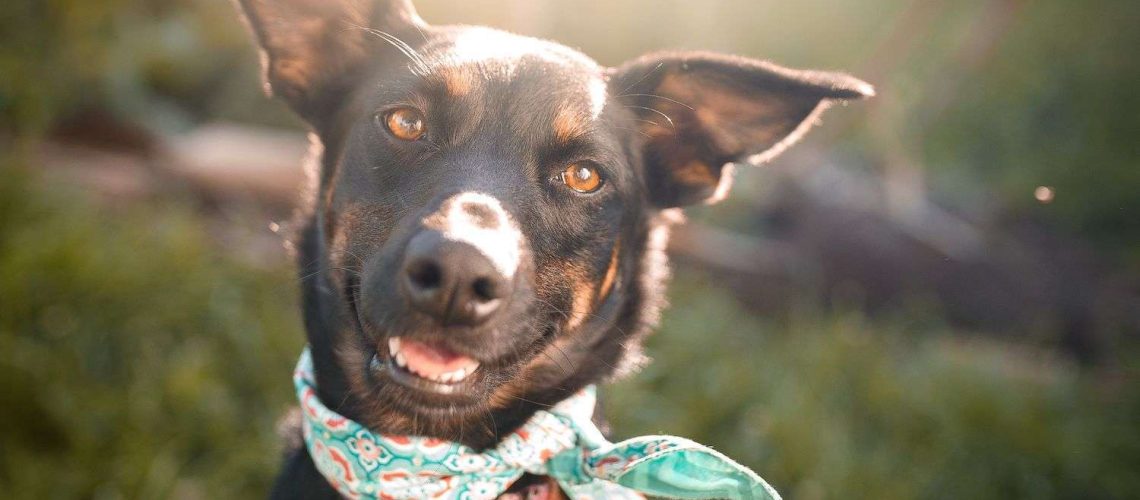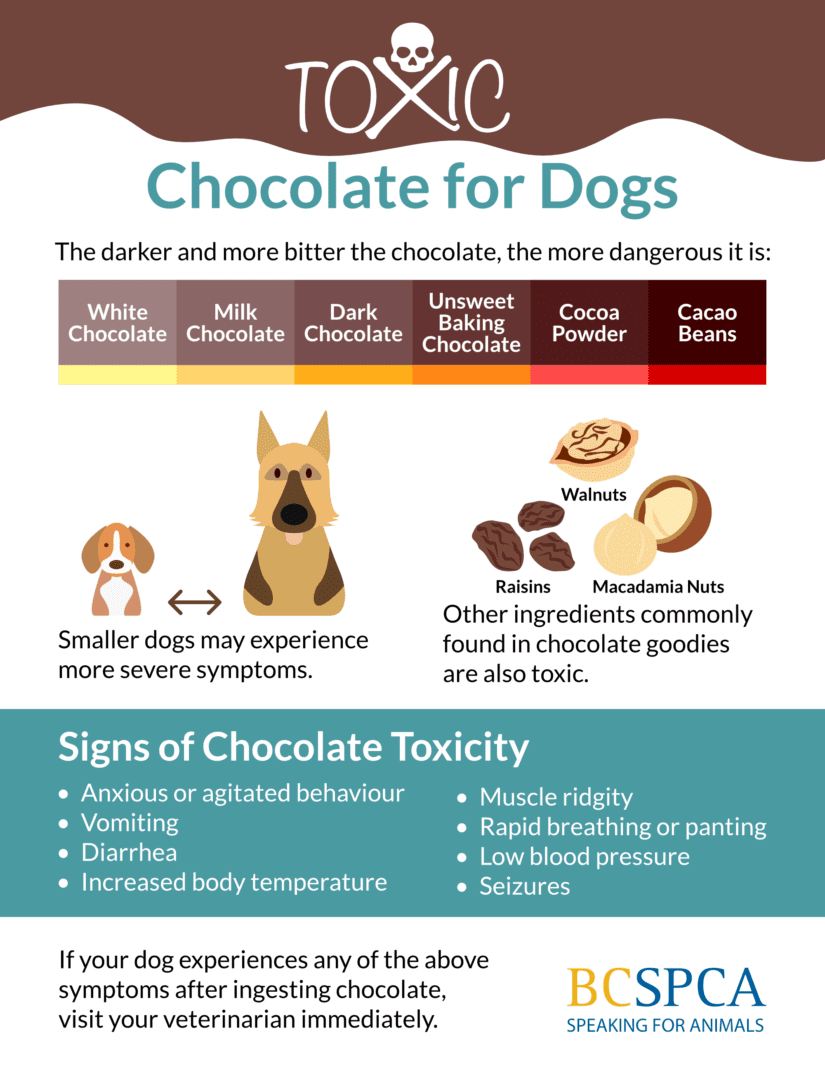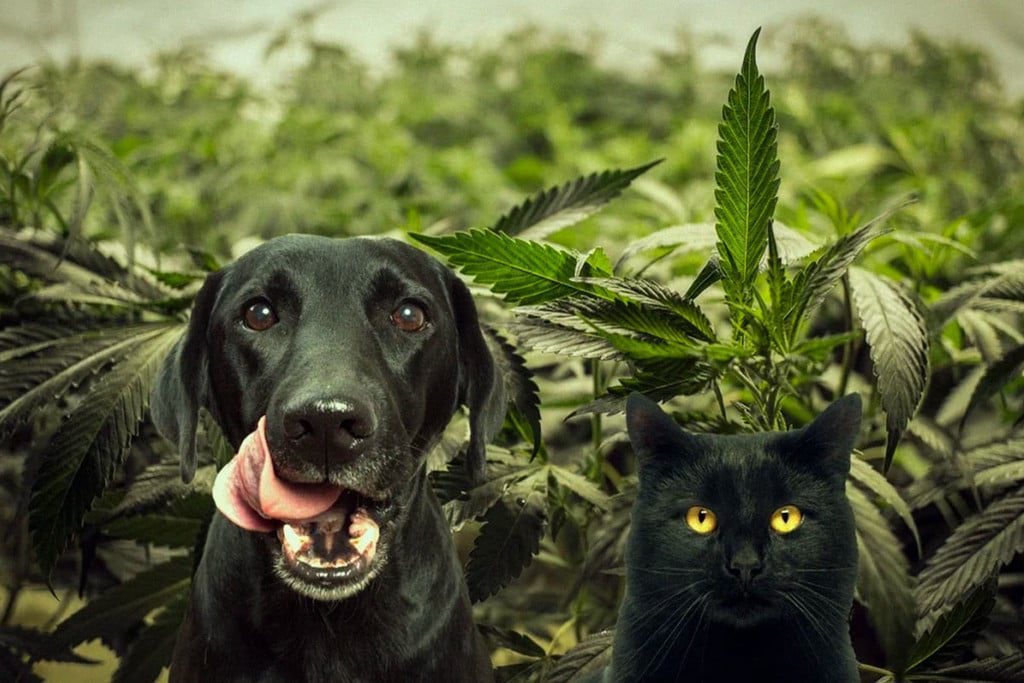Key Takeaways:
- Nicotine poisoning in pets can occur when they ingest nicotine-containing products like cigarettes, e-cigarettes, or nicotine gum.
- Common symptoms of nicotine poisoning in pets include vomiting, diarrhea, increased heart rate, tremors, and seizures.
- If you suspect your pet has ingested nicotine, it is crucial to seek immediate veterinary care as it can be life-threatening.
- Preventing access to nicotine-containing products and keeping them out of reach of pets is essential to avoid accidental ingestion.
- Education about the dangers of nicotine poisoning in pets should be promoted to pet owners to raise awareness and prevent incidents.
Attention all pet owners! Did you know that there is a hidden danger lurking in many households that could pose a serious threat to your furry friends? It's called nicotine poisoning, and understanding this topic is essential to keeping your pets safe and healthy. Whether you have a mischievous cat or an adventurous dog, the value of delving into this subject cannot be overstated. In fact, according to recent studies, over 1,000 cases of nicotine poisoning in pets are reported each year in the United States alone. With such alarming statistics, it's crucial to arm yourself with knowledge about the signs, symptoms, and prevention of nicotine poisoning in order to protect your beloved companions. So grab a seat and get ready to explore this important topic that could save your pet's life.
Understanding Nicotine Poisoning in Pets: How Does it Happen?
Nicotine poisoning in pets can occur when they accidentally ingest nicotine-containing products such as cigarettes, e-cigarettes, nicotine gum, or patches. Even small amounts of nicotine can be toxic to animals, especially cats and dogs. These products contain a substance called nicotine, which is a highly potent stimulant that affects the nervous system.
When a pet ingests nicotine, it quickly gets absorbed into their bloodstream. This can lead to various symptoms such as vomiting, diarrhea, increased heart rate, tremors, seizures, and even death in severe cases. The severity of the poisoning depends on the amount of nicotine ingested and the size of the animal.
How does nicotine affect pets?
Nicotine affects pets by stimulating their central nervous system. It can cause an increase in heart rate and blood pressure, leading to cardiovascular problems. Additionally, it affects neurotransmitters in the brain, which can result in neurological symptoms like tremors and seizures.
Dogs are more likely to show immediate signs of poisoning after ingesting nicotine compared to cats. However, both species are susceptible to its toxic effects. It's important for pet owners to be aware of the potential dangers and take precautions to prevent accidental ingestion.
Common sources of nicotine poisoning
- Cigarettes: Dogs may chew on discarded cigarette butts or tobacco products left within their reach.
- E-cigarettes: Pets may be attracted to the sweet-smelling liquid used in e-cigarettes and ingest them.
- Nicotine gum or patches: Dogs may find these items appealing due to their scent or taste.
graph LR
A[Cigarettes] -- Attractive smell and taste --> B
B -- Ingestion --> E[Nicotine Poisoning]
C[E-cigarettes] -- Sweet-smelling liquid --> D
D -- Ingestion --> E
F[Nicotine gum or patches] -- Scent or taste --> G
G -- Ingestion --> E
Pets and Nicotine Poisoning: Can Secondhand Smoke Harm Them?
Secondhand smoke, which is the smoke exhaled by smokers or released from burning tobacco products, can indeed harm pets. Cats and dogs are particularly vulnerable to the harmful effects of secondhand smoke because they often spend a significant amount of time indoors with their owners.
When pets inhale secondhand smoke, they can develop respiratory problems such as coughing, wheezing, and difficulty breathing. Prolonged exposure to secondhand smoke may increase their risk of developing lung cancer or other respiratory diseases.
How does secondhand smoke affect pets?
The chemicals present in cigarette smoke, including nicotine and carcinogens, can irritate the delicate tissues in a pet's lungs. This irritation can lead to inflammation and damage over time. Additionally, pets that groom themselves may ingest toxic substances when they lick their fur contaminated with the chemicals from secondhand smoke.
Tips to protect your pets from secondhand smoke
- Avoid smoking indoors or near your pets.
- Create a designated smoking area outside away from your pets' living spaces.
- Ensure proper ventilation in your home to reduce the concentration of smoke particles in the air.
- If you live with a smoker, consider using air purifiers specially designed to filter out harmful particles from tobacco smoke.
Recognizing Nicotine Poisoning: Common Signs and Symptoms in Pets
It's essential for pet owners to recognize the signs and symptoms of nicotine poisoning in their furry friends. Identifying these symptoms early can help prompt immediate medical attention, potentially saving their lives.
The common signs and symptoms of nicotine poisoning in pets include vomiting, diarrhea, drooling, increased heart rate, restlessness, tremors or shaking, difficulty breathing, seizures, weakness, and collapse. If you notice any of these signs or suspect your pet has ingested nicotine-containing products, it's crucial to seek veterinary care as soon as possible.
Signs and symptoms of nicotine poisoning
- Vomiting
- Diarrhea
- Drooling
- Increased heart rate
- Restlessness
- Tremors or shaking
- Difficulty breathing
- Seizures
- Weakness or collapse
Preventing Accidental Nicotine Poisoning in Your Pets: Tips for Pet Owners
As a responsible pet owner, there are several steps you can take to prevent accidental nicotine poisoning in your beloved pets. By being proactive and implementing preventive measures, you can ensure their safety and well-being.
1. Keep nicotine-containing products out of reach: Store cigarettes, e-cigarettes, nicotine gum, patches, and other tobacco-related items securely where your pets cannot access them.
2. Dispose of cigarette butts properly: Make sure to dispose of cigarette butts in a sealed container or ashtray that is inaccessible to your pets.
3. Be cautious when using e-cigarettes: Keep e-cigarette devices and refill cartridges out of your pets' reach, as the liquid nicotine can be toxic to them.
4. Store nicotine replacement products safely: Nicotine gum or patches should be stored in a secure location, away from your pets' curious paws.
5. Educate family members and guests: Inform everyone in your household about the dangers of nicotine poisoning in pets and the importance of keeping tobacco-related products away from animals.
Suspecting Nicotine Poisoning? What to Do if Your Pet is at Risk
If you suspect that your pet has ingested nicotine or shows signs of nicotine poisoning, it's crucial to act quickly to ensure their well-being. Time is of the essence when dealing with potential poisoning cases.
1. Remove your pet from the source: If you know what your pet ingested, safely remove them from the area to prevent further exposure.
2. Contact a veterinarian immediately: Call your veterinarian or an emergency veterinary clinic for guidance. Provide them with all relevant information about the incident and follow their instructions carefully.
3. Do not induce vomiting without professional advice: In some cases, inducing vomiting may worsen the situation or be dangerous for certain pets. Always consult a veterinarian before attempting any home remedies.
4. Follow veterinary instructions: If advised by a veterinarian, take your pet for immediate medical attention. They may recommend treatments such as activated charcoal administration or intravenous fluids to help counteract the effects of nicotine poisoning.
Nicotine Poisoning in Pets: Long-Term Effects and Complications
Nicotine poisoning can have long-term effects and complications on pets, depending on the severity of the poisoning and how quickly they receive treatment. It's essential to understand these potential consequences to ensure proper care for your furry friend.
Potential long-term effects:
- Damage to the cardiovascular system
- Neurological damage
- Respiratory problems
- Liver or kidney damage
Potential complications:
- Persistent seizures
- Organ failure
- Coma or death (in severe cases)
If your pet has experienced nicotine poisoning, it's crucial to follow up with regular veterinary check-ups and inform the veterinarian about any concerning symptoms that may arise in the future. Early detection and ongoing monitoring can help manage any potential long-term effects or complications effectively.
In conclusion, nicotine poisoning in pets can be very dangerous and even deadly. It is important for pet owners to keep all nicotine products out of reach and to seek immediate veterinary help if their pet shows signs of poisoning.
How long does it take for Nicotine Poisoning to show in dogs?
If your dog consumes a large amount of nicotine, it can have a severe impact on their nervous system. It is important to treat this as an emergency and try to remove the nicotine from their system as quickly as possible. Symptoms typically start to show within an hour of ingestion.
Does my dog have Nicotine Poisoning?
Nicotine poisoning is an uncommonly reported poisoning that affects the body in various ways, mainly impacting the central nervous system. Animals may also experience excessive saliva production, vomiting, diarrhea, rapid heartbeat, fast breathing, high blood pressure, and elevated body temperature.
How much nicotine causes poisoning in dogs?
Despite their small size, cigarettes contain high levels of nicotine, and even a discarded cigarette butt can pose a serious health risk or even lead to the death of a small pet. The toxic level of nicotine for pets is between 0.5 to one mg per pound of their body weight, while a lethal dose is four mg per pound of their body weight.
How long does nicotine toxicity last in dogs?
Treatment for nicotine poisoning in animals often includes intravenous fluids, monitoring blood pressure and EKG, administering muscle relaxants, anticonvulsants, anti-nausea medications, and other drugs. Symptoms may improve within a few hours for mild cases, but can last for more than 24 hours in severe cases.
How can I treat my cat for nicotine poisoning at home?
In cases where nicotine consumption is observed, inducing vomiting may help prevent the harmful effects of nicotine poisoning. It is recommended to seek guidance from a veterinarian or nearby emergency facility for instructions on how to induce vomiting at home. This information was provided on December 9, 2014.
What does nicotine poisoning look like in a dog?
Pets can quickly exhibit clinical symptoms such as vomiting, diarrhea, rapid heartbeat, rapid breathing, and neurological signs like shaking, lack of coordination, weakness, and seizures in as little as 15 minutes. In some cases, cardiac arrest and even death can occur.

















